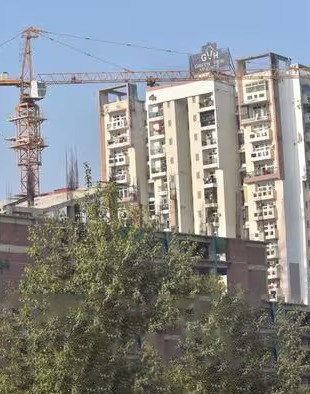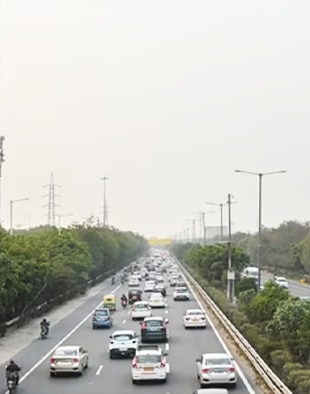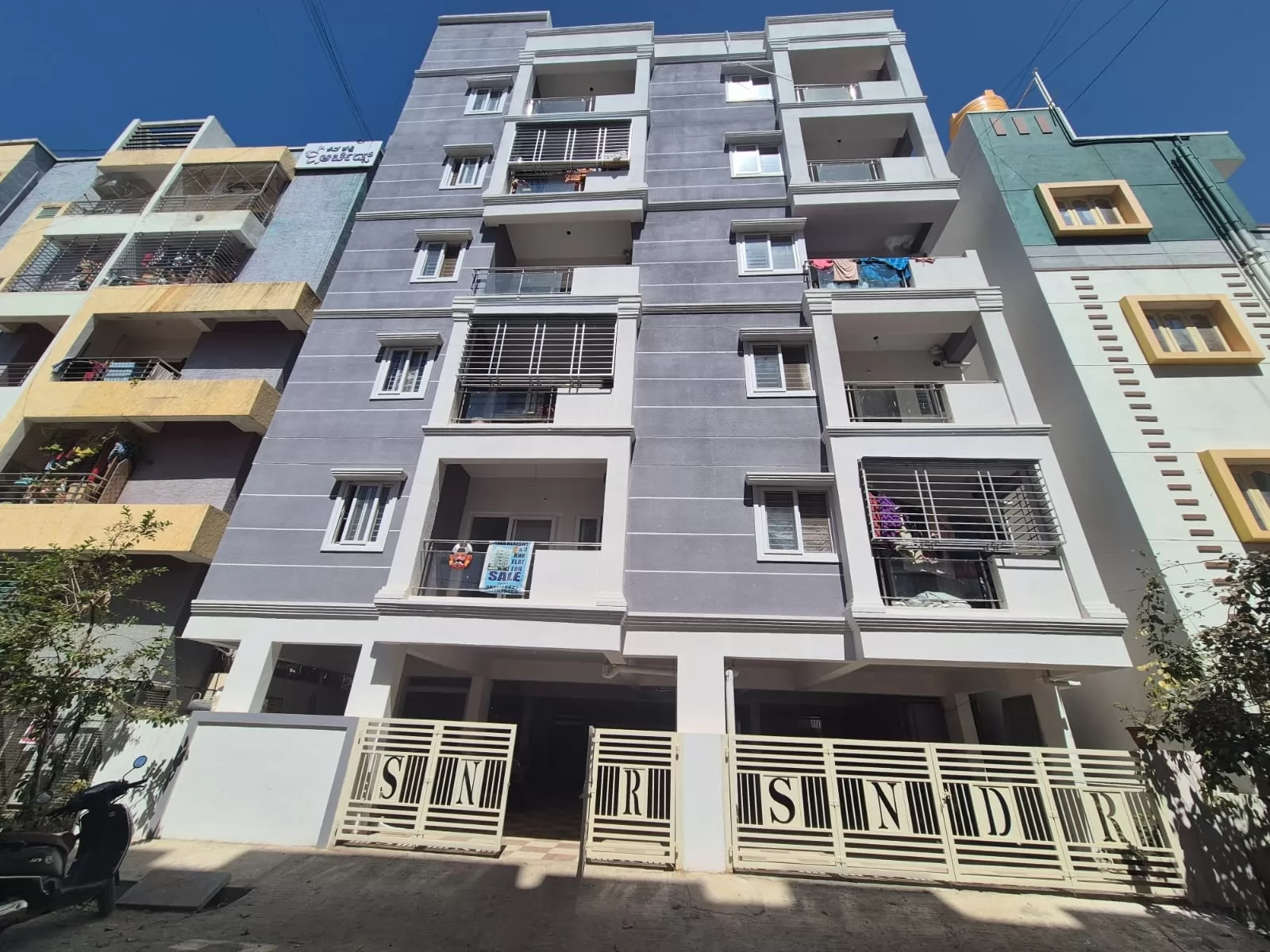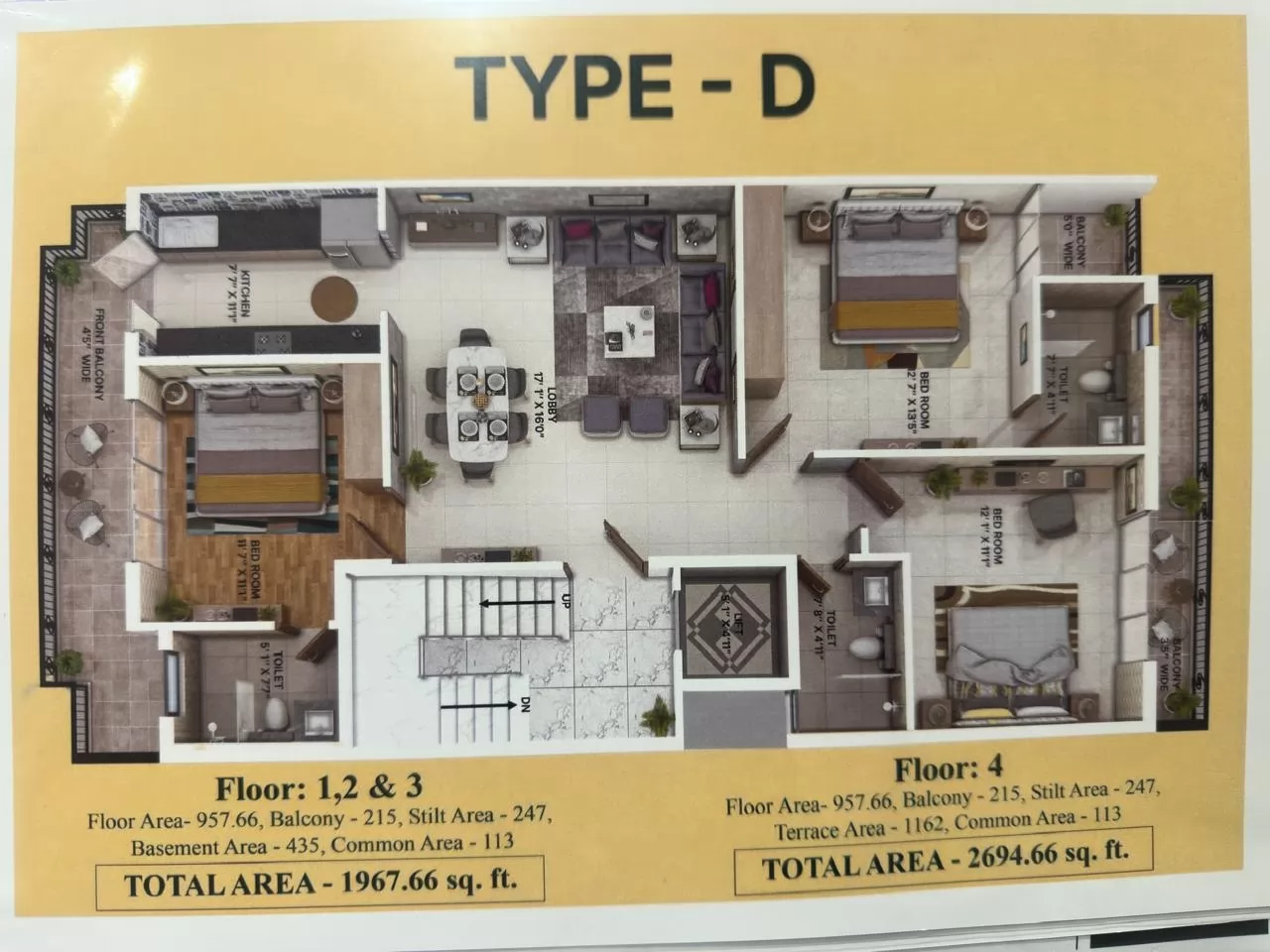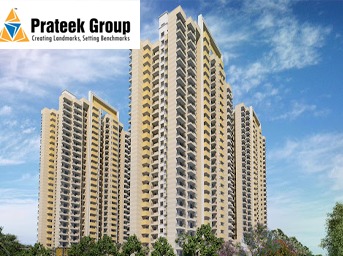Budget 2025 Expectations for the Real Estate Sector
By Bricksnwall | 2025-02-01
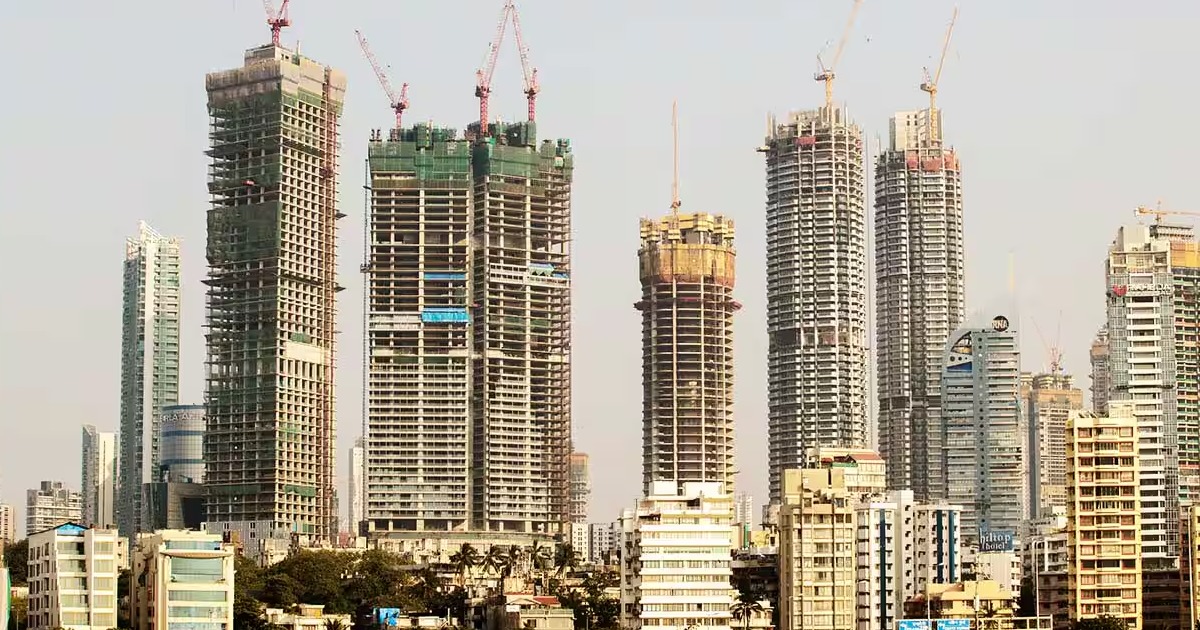
The real estate industry anticipates that Budget
2025 will give affordable housing top priority and encourage developers to
construct homes that are affordable.
When Finance Minister Nirmala Sitharaman unveils Budget 2025 today, the real estate industry expects cheap and middle-class housing to be a major priority. Stakeholders in the industry want a broader definition of affordable housing, tax breaks for homeowners to increase affordability, and incentives for developers to encourage the building of low-cost dwellings.
More tax breaks for developers and homeowners
wishing to build low and middle-class housing complexes are urgently needed.
According to real estate experts, in order to boost housing demand, the
government should increase the annual deduction limit for interest payments on
home loans from the current ₹2 lakh to ₹5 lakh.
Encouragement of Affordable Housing
Boost financial assistance and incentives to
improve home accessibility.
The present growth trajectory is biased in favor of high-end and luxurious dwellings. This momentum cannot be sustained only by more expensive homes while affordable housing remains stagnant, given the unique housing requirements of India's middle class. According to experts, the government ought to concentrate on expanding subsidies for mid-segment and inexpensive housing.
The present definitions of affordable housing, which are based on factors like size, price, and buyer income, urgently need to be revised, according to Anarock chairman Anuj Puri. In expensive places like Mumbai, the price cap of ₹45 lakh is unaffordable, even though the size requirement (60 sq. m. carpet area) is fair. To reflect the realities of the market, the cap should be increased to at least ₹85 lakh in Mumbai and ₹60–65 lakh in other major cities. With these changes, more homes would be eligible for affordable housing, giving purchasers access to extra incentives and reduced GST rates (1% without ITC).
The Ministry of Housing and Urban Affairs defines
affordable housing in terms of the size, cost, and income of the buyer. For
example, affordable housing is defined as a home or apartment that is valued at
up to ₹45 lakh and has a carpet area of up to 90 square meters in
non-metropolitan cities and towns and 60 square meters in large cities.
However, the central bank's definition is predicated on bank loans to
individuals for the construction of homes or the purchase of apartments.
More homes would be eligible for the cheap price
tag with such pricing adjustments, and more purchasers would be able to take
advantage of government subsidies and reduced GST rates at 1% without ITC, Puri
said.
Homebuyers' Tax Relief
Increased deductions for principle and interest payments on mortgage loans
On the demand side, real estate professionals have
called for a bigger and distinct deduction for the principal repayment of home
loans, up to ₹500,000, as opposed to the current ceiling of ₹150,000 under section
80C. In the case of rental property, the present ₹2 lakh tax deduction ceiling
on interest paid can be raised to roughly ₹4-5 lakhs.
They advocate for the expansion of tax breaks for
first-time homeowners in eligible 80EEA affordable housing projects. To
increase housing for the masses, the existing ₹150,000 cap and loan sanction
period until March 2022 can also be extended.
They argue that in order to increase housing
demand, particularly among investors, tax breaks on rental income should be made
available.
"The Union Budget 2025 presents a critical
opportunity to address key challenges and propel the real estate sector towards
sustainable growth," said G Hari Babu, national president of Naredco. It
is essential to raise the affordable housing price cap from ₹45 lakhs to ₹60
lakhs, which hasn't moved in ten years, in order to take inflation and growing
input prices into consideration. Homeownership will also become more accessible
by lowering home loan interest rates and raising the income tax deduction cap
on interest payments under Section 80C from ₹2 lakhs to ₹5 lakhs.
Rewards for Developers of Real Estate
subsidies and tax incentives to promote housing
developments, particularly in the affordable market.
Restore the Developers' 100% Tax Holiday
The government can reinstate the "100% Tax
Holiday" advantage that developers previously received under section
80-IBA of the Finance Act of 2016 in order to increase supply and encourage
them to construct more affordable housing. Significant tax reduction on the
earnings from creating and constructing affordable housing developments was
made available by this clause.
CREDAI suggests extending the 15% income tax rate now offered to manufacturing enterprises to affordable housing projects in order to increase the supply of affordable homes. By encouraging developers to concentrate more on affordable housing projects, this policy would help close the housing gap.
Increased SWAMIH Fund Allocation for Stressed Projects
According to experts, this can increase liquidity in distressed home developments.
In the next union budget for FY 2024–2025, the finance minister should set aside ₹50,000 crore for the second tranche of the Special Window for Affordable and Mid-Income Housing (SWAMIH) initiative. In order to meet the housing for all targets, this should be complemented by additional budgetary support and relaxations, such as permitting input tax credits under GST and rental housing incentives.
Promote the use of rental housing
To address rising housing demand and high ownership costs, the government should give rental housing development funds and incentives first priority. According to the survey, this will boost the number of reasonably priced rental options available, benefit a larger swath of the population, and stimulate private sector investment to alleviate housing shortages and enhance urban affordability.
Source: Hindustan Times

